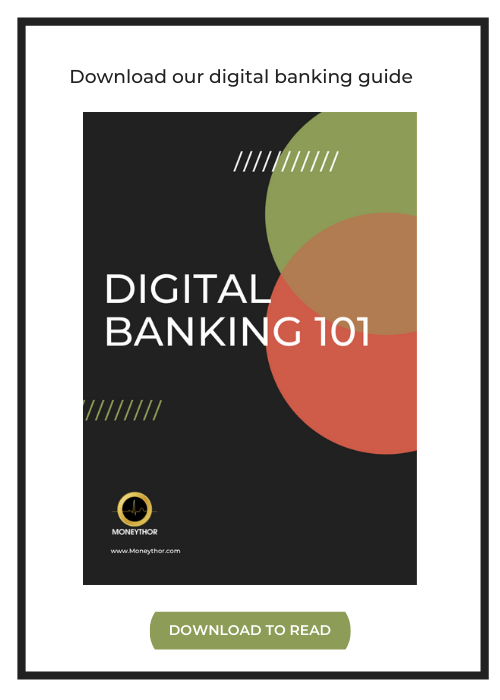Environmental issues and climate change have never been so topical and there is a growing sense of urgency that people and businesses must find sustainable alternatives to environmentally damaging practices and behaviours. Businesses are increasingly looking for ways to integrate sustainability performance into their core business strategy.
Larry Fink, Blackrock Chairman and CEO, wrote in his letter to stakeholders, “To prosper over time, every company must not only deliver financial performance, but also show how it makes a positive contribution to society. Companies must benefit all of their stakeholders, including shareholders, employees, customers and the communities in which they operate”.
With this need for sustainability and a pivot towards environmentally positive business practices, financial institutions have begun to incorporate sustainable finance not just as a separate business activity but as core area of strategic importance.
What is sustainable finance?
Sustainable finance refers to the inclusion of environmental, social, and governance (ESG) criteria in business or investment decisions for the long-lasting benefit of clients, partners, stakeholders, and society at large.
It involves players in the finance industry, including commercial, retail and private banks, integrating sustainable and environmentally friendly business practices that cover a broad spectrum of business areas including internal strategies, culture and processes, customer-facing programmes and green financing and investing.
How are banks aligning with ESG criteria?
- Sustainable financing and investing
Financial institutions play a key role in the allocation of finance and lending services to a large majority of companies and governments globally. Because of this, they have a huge amount of responsibility for the allocation of resources to companies that not only prevent undue environmental or societal damage but actively introduce practices that protect them.
Financial institutions increasingly look at investing in and lending to low-carbon and sustainable sectors such as green fintech. Green fintech is a new sub-category within the fintech industry which includes companies that use technology to deliver sustainable ways of carrying out financial activities. Investing in, financing or partnering with these companies drives the growth of a new industry with the aim of directly supporting sustainability objectives and plans.
- Sustainable culture
Internally, financial institutions are introducing processes and practices that promote ESG criteria and develop a sustainable-first culture. In order for a sustainable-first culture to evolve, employees must be sustainability-focused both at work and in their personal lives. To encourage this behaviour, financial institutions should provide employees with the tools and knowledge required to live more sustainable lives.
Financial institutions should make it clear to employees that sustainability is not simply an exercise that they must do, but instead a crucial factor impacting the future success of the business. Like with any culture shift, leaders must get buy-in from their employees in order for it to be a success, so whether it be through a rewards programme for employees that embrace sustainability or creating sustainable champion roles in the company, financial institutions must find creative ways to incorporate ESG throughout the business and across all departments.
- Sustainable products and services
By providing retail and SME banking customers with tools such as carbon footprint trackers, carbon-neutral banking and sustainable investing products and services, financial institutions can educate and encourage customers to make more environmentally and societally beneficial financial decisions.
What are the benefits of incorporating ESG criteria in business decisions?
“Research shows that for financial institutions, the simultaneous pursuit of sustainability priorities and strong financial performance does not conflict with one another, but rather support each other when driven by consistent overall leadership.”
Aligning with ESG criteria is not only beneficial for stakeholders and society in general, it also can be beneficial for the financial institution’s overall performance. Some of the benefits of incorporating sustainable business practices include:
- Competitive advantage
Being a sustainable bank that pays attention to the larger issues in the world can become a competitive advantage as environmentally conscious customers will choose a banking partner that aligns with their views and helps them to manage their finances in a more sustainable way.
- Brand reputation
By choosing to not engage with sustainable business practices, financial institutions run the risk of damaging their brand reputation, especially if they do not adhere to ESG regulation.
- Customer trust
Implementing a sustainability strategy allows financial institutions to position themselves as a trusted advisor on green financing and financial management. This will increase loyalty and drive engagement amongst customers.
- Employee engagement
Employees want to work for companies that have a clearly defined purpose and a positive impact on the world. By being a sustainable business, financial institutions can attract the best talent and further engage their current employees.
The future of finance is sustainable and green, so now is the time for financial institutions to really consider how they can effectively introduce strategies and practices in the short-term and reap the benefits of being a sustainable business.


